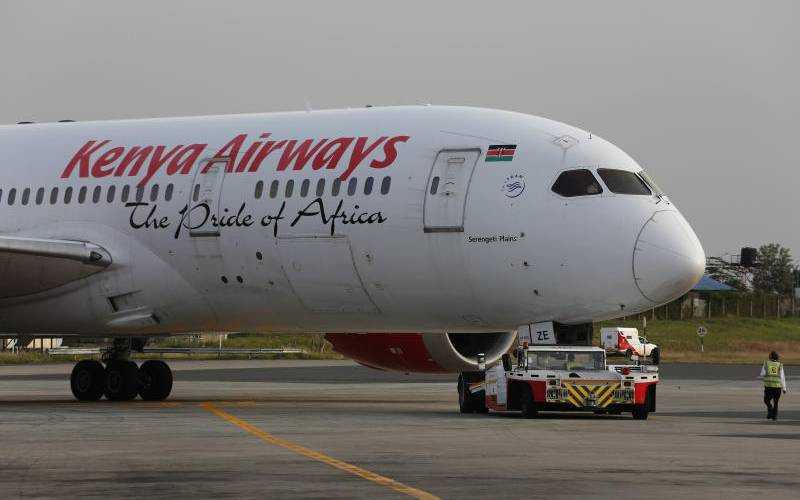NAIROBI: The multi-billion-shilling pharmaceutical industry in the country is facing major realignment. This follows a Government proposal to allow the parallel importation of cheaper medicines.
The industry’s regulatory agency, the Pharmacy and Poisons Board (PPB), has proposed a framework that would see international pharmaceutical firms bring in cheaper versions of medicines.
The guidelines, which are expected to be enforced in the next few months after stakeholder engagements, are already generating considerable controversy, with realignments in the pharmaceutical industry starting to be seen.
Price control
The local sector is currently dominated by licensed agents of large international pharmaceutical firms, which have been criticised for focusing on profits at the expense of the health of the majority of Kenyans who cannot afford their products.
Local pharmaceutical manufacturers are also expected to face stiff competition from the cheaper imports, which would force them to review their prices and increase efficiency to stay afloat.
Anthony Toroitich, PPB’s head of trade affairs, is spearheading the development of the regulatory framework for parallel importation. He said the move is meant to enhance access to life-saving medicines for Kenyans.
“Currently, there is neither a regulatory framework for regulation of parallel importation, nor price control of essential medicines. As a result, the prices of essential medicines in Kenya are significantly higher in comparison to other countries,” Dr Toroitich said.
“We cannot continue with the protection of business interests at the expense of the legitimate interests of patients. Therefore, the board is setting up a regulatory framework that will allow local firms to import drugs from areas where they are sold most cheaply.”
Toroitich clarified that parallel importation does not mean bringing in generic or poor-quality medicines, but rather the importation of original medicines that are sold in Kenya by international pharmaceutical firms, but from places where they cost much less.
This means local importers will be in direct competition with licensed agents of international pharmaceutical firms, which have the monopoly of importing medicines and deciding prices.
“It is common for pharmaceutical firms to sell the same products at significantly different prices in different markets around the world,” he said.
A recent Government task force report on parallel importation found that Kenyans had suffered significantly from harmful monopolistic effects, including high prices and limited supplies.
However, the Kenya Association of the Pharmaceutical Industry (KAPI), whose members include agents of international pharmaceutical firms, argued that allowing parallel importation without sufficient regulatory safeguards will deal a huge blow to the pharmaceutical sector and economy.
KAPI Chairman William Mwatu said, at a minimum, a framework to regulate the parallel trade of pharmaceutical products should uphold, not compromise, the market control of pharmaceutical products in the Kenyan market.
Stay informed. Subscribe to our newsletter
[email protected]
 The Standard Group Plc is a
multi-media organization with investments in media platforms spanning newspaper
print operations, television, radio broadcasting, digital and online services. The
Standard Group is recognized as a leading multi-media house in Kenya with a key
influence in matters of national and international interest.
The Standard Group Plc is a
multi-media organization with investments in media platforms spanning newspaper
print operations, television, radio broadcasting, digital and online services. The
Standard Group is recognized as a leading multi-media house in Kenya with a key
influence in matters of national and international interest.
 The Standard Group Plc is a
multi-media organization with investments in media platforms spanning newspaper
print operations, television, radio broadcasting, digital and online services. The
Standard Group is recognized as a leading multi-media house in Kenya with a key
influence in matters of national and international interest.
The Standard Group Plc is a
multi-media organization with investments in media platforms spanning newspaper
print operations, television, radio broadcasting, digital and online services. The
Standard Group is recognized as a leading multi-media house in Kenya with a key
influence in matters of national and international interest.










